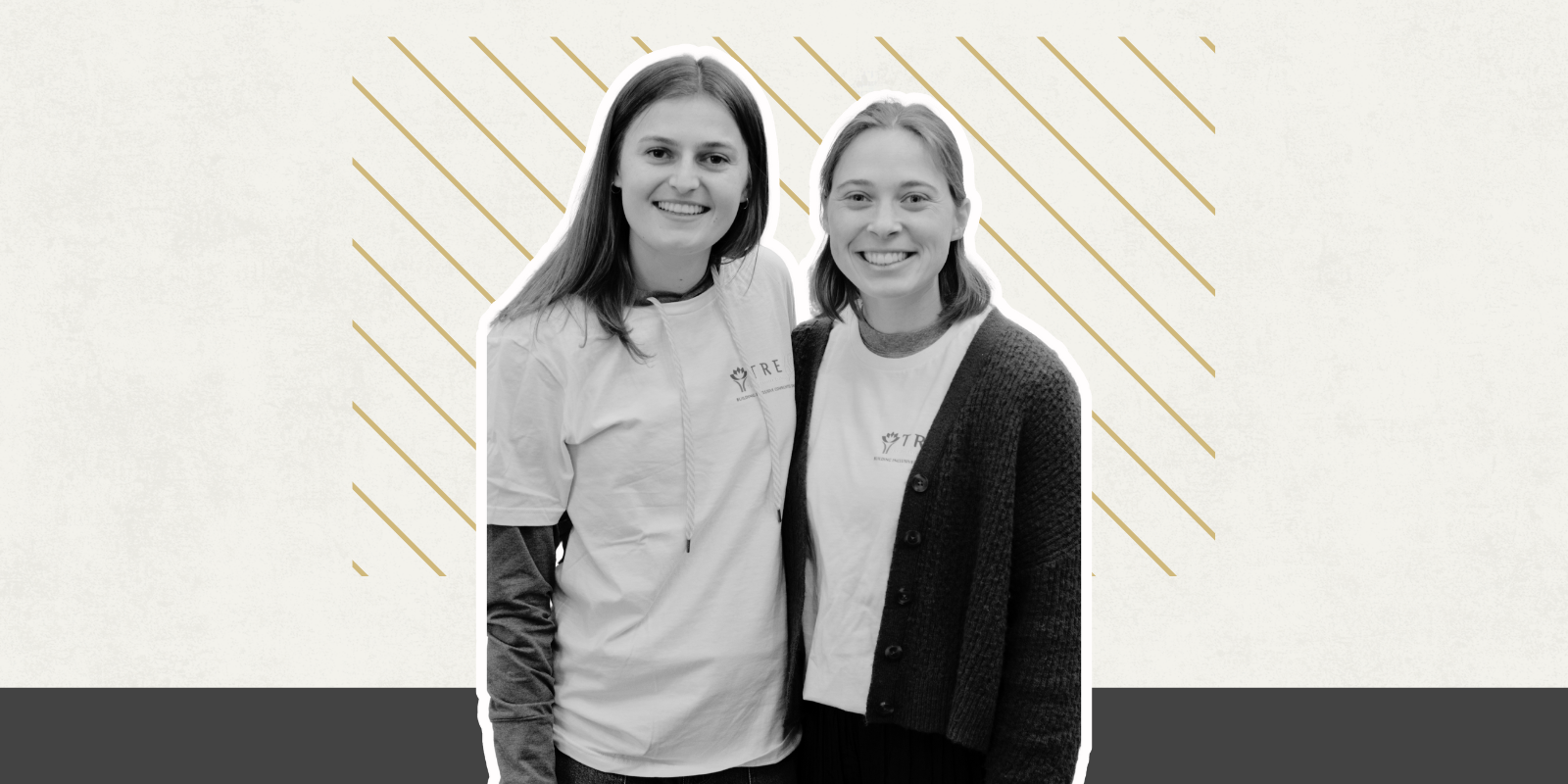As a doctor on the front lines in the early days of the COVID-19 pandemic, Lilia Cervantes, MD, quickly saw the disproportionate toll the virus was taking on Denver’s Latino community.
“In our Latino community, the proportion of COVID-19 cases, hospitalizations, and deaths is twice their proportion in the state of Colorado,” says Cervantes, an associate professor in the Department of Medicine at Denver Health Medical Center and the University of Colorado School of Medicine.
Understanding the challenges
Cervantes, a Latina doctor who grew up in two of Denver’s poorest neighborhoods, immediately began conducting research to understand the challenges Latino communities were facing and what interventions might help.
“I had some thoughts about why this community was being disproportionately burdened,” she says. “They are often our essential workforce, they’re poor, they live in crowded housing conditions, and many of them don’t have the option to not to work. They can’t work remotely, so they have to place themselves and their families at risk by taking public transportation, and sometimes having to work despite being ill.”
Partnering with colleagues at the University of California-San Francisco, who were seeing similar issues in their Latino communities, Cervantes interviewed 30 Latino patients who had survived a COVID-19 hospitalization. Cervantes and the California researchers — who interviewed 30 patients there — were looking to understand the challenges the patients faced prior to going to the hospital, when they were trying to keep themselves safe, as well as their experiences at the hospital and after being discharged.
“Most of the research on COVID-19 has looked at things quantitatively,” Cervantes says. “What I really wanted to do was center the margins, which means understanding the challenges, as well as the solutions to those challenges, from the perspectives of the patients themselves. As a result of this study, we’ve been able to do more civic engagement. After being hospitalized for COVID-19, many of the patients were themselves involved in advocacy by informing their neighbors, family, and friends about their experience with COVID-19 and the importance of truly protecting yourself, either through mask-wearing or vaccine uptake.”
Interventions to help
The research – published in JAMA Network Open in March 2021 — also found that disease misinformation, coupled with economic and immigration concerns, caused members of the Latino community to be exposed to COVID-19 and delay seeking medical care. The study has led to local and national interventions to address those issues, including training community workers at community-based organizations and offering pop-up vaccine clinics in medically underserved areas.
For her work with the Latino community during the COVID-19 pandemic as well as her previous work to improve access to care for undocumented immigrants with kidney failure, Cervantes was honored in May with the Society of Hospital Medicine’s 2021 Award of Excellence for Diversity, Equity, and Inclusion.
“I’m humbled by the award, and I hope this recognition motivates other clinicians who are interested in research as a means to eliminate structural racism,” she says.
History of helping
Cervantes has long been involved in working with marginalized groups in medicine — creating mentorship pipeline programs to build diversity and culturally responsive care in medicine, conducting research to improve patient-centered outcomes among marginalized groups, engaging communities on advocacy/health policy, and volunteering her time on community-based boards including Vuela for Health and the Center for Health Progress.
“So much of research is focused on science gaps,” she says. “We really need to move the needle on health inequities and ask questions that fill policy gaps or that will help us build a coalition of individuals interested in eliminating structural racism. If we could increase the number of resources that fuel this kind of work, we could build health and wealth within our marginalized groups."



